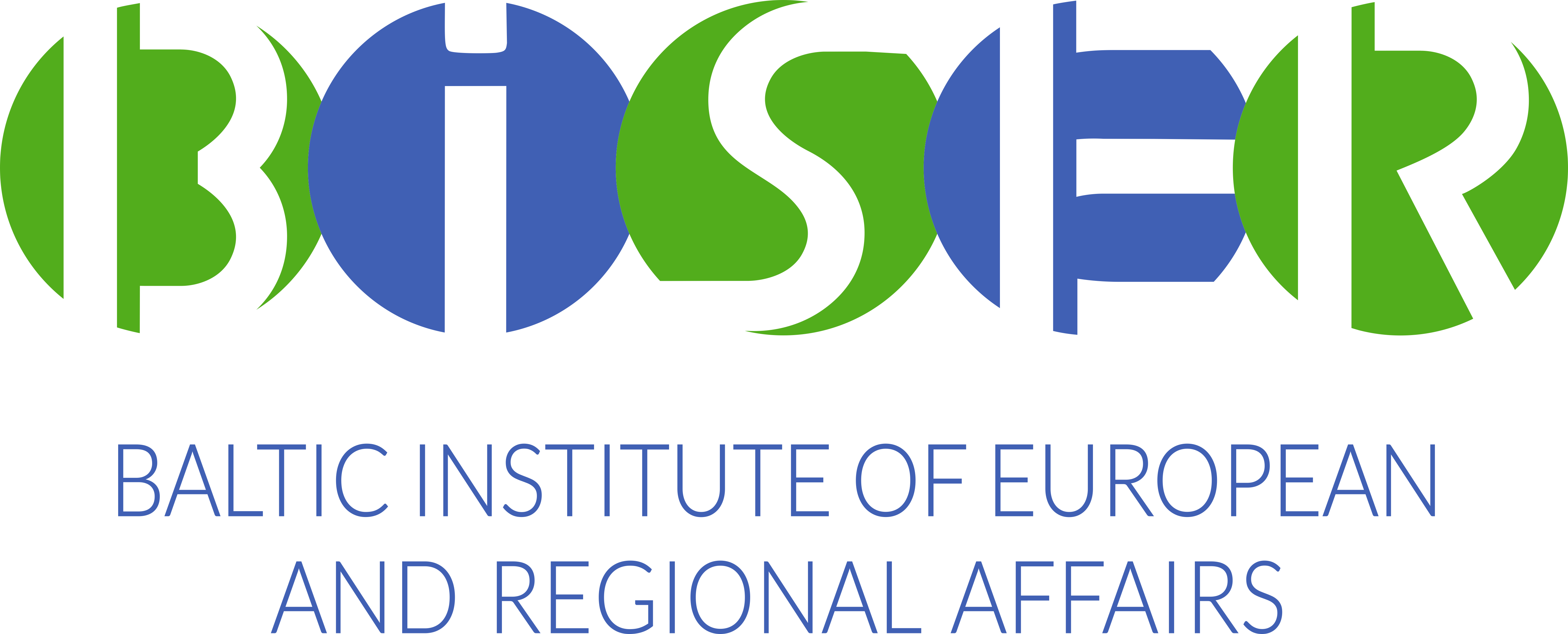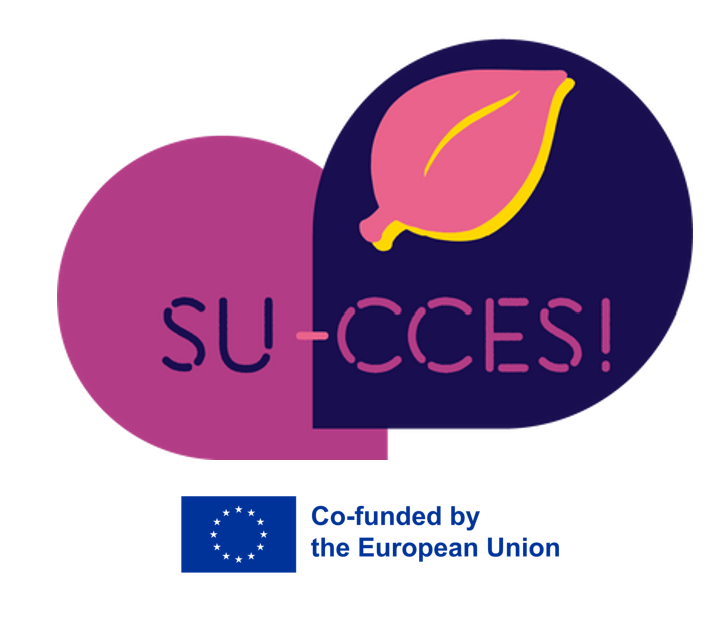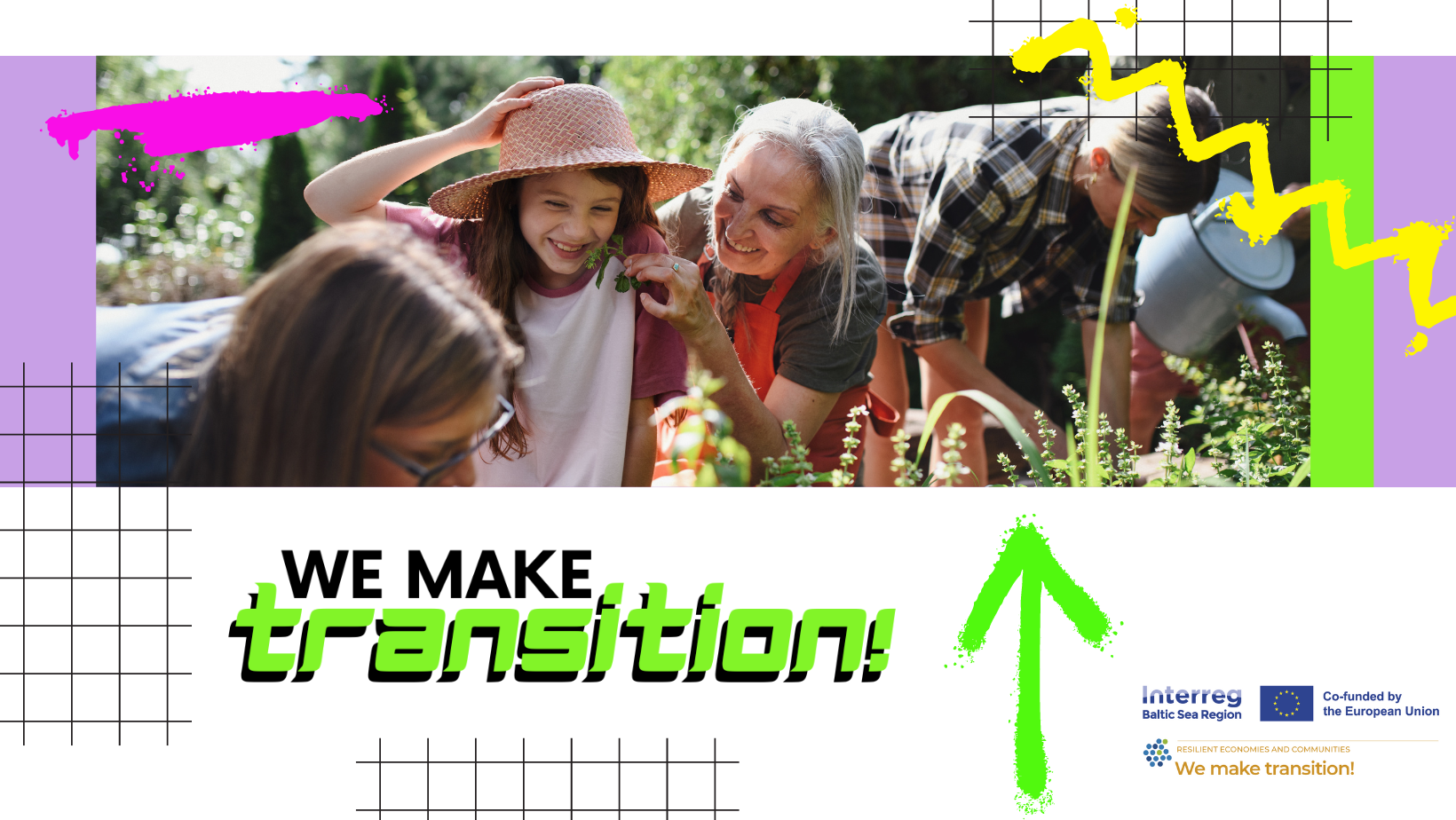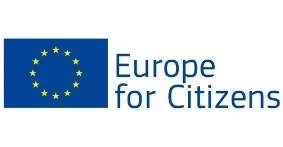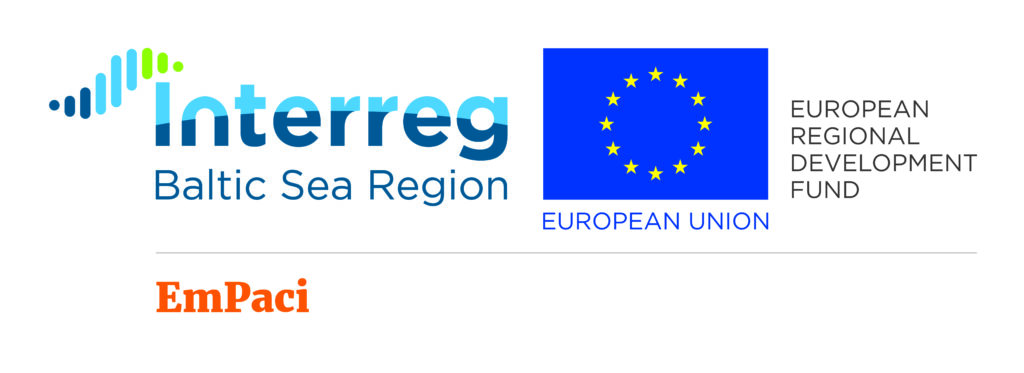At the end of March partners of project “Empowering Participatory Budgeting in the Baltic Sea Region – EmPaci” met in Rostock, for the kick-off meeting.
The project will last for 2,5 years and focus on Participatory Budgeting (PB), the direct participation of citizens in the preparation and adoption of local budgets. As many Baltic Sea Region (BSR) municipalities do not have capabilities to set up PB, administrations/councils and citizens lack knowledge about what PB is and are often not ready to use PB tool patterns.
The objective of EmPaci is to get more municipalities and citizens involved in participatory budgeting via building municipal capacities, transnational clusters and municipality/citizen cooperations all over the BSR. It shall foster civic acceptance and activity and build social ties within municipalities, therefore multiplying the PB concept and the project’s piloted good practices within the BSR. The main output of this project will be building capacity and knowledge as well as strengthening relations between municipalities and citizens by providing ready-to-use guidelines, training programs, and tools for implementation of PB.
EmPaci will add several innovative components to the general PB concept: by identifying citizens’ demands and PB concepts for different types of municipalities, this project seeks for close involvement of both municipalities and citizens from project start on. An initial PB is to be tested and evaluated, taking into consideration the perspectives of citizens and municipalities, followed by optimization and advancement of the PB implementation process. The project will then be complemented by a training program that will focus on educating and building the capacity of municipal trainers who will disseminate the PB idea among BSR municipalities.
Project’s consortium consists of 13 organizations and institutions from 5 Baltic Sea Region countries – Germany, Poland, Finland, Latvia, and Lithuania. Among those institutions are NGOs, municipalities, universities and regional planning institutions, therefore the project will benefit from a wide variety of knowledge, expertise and cooperation networks.
